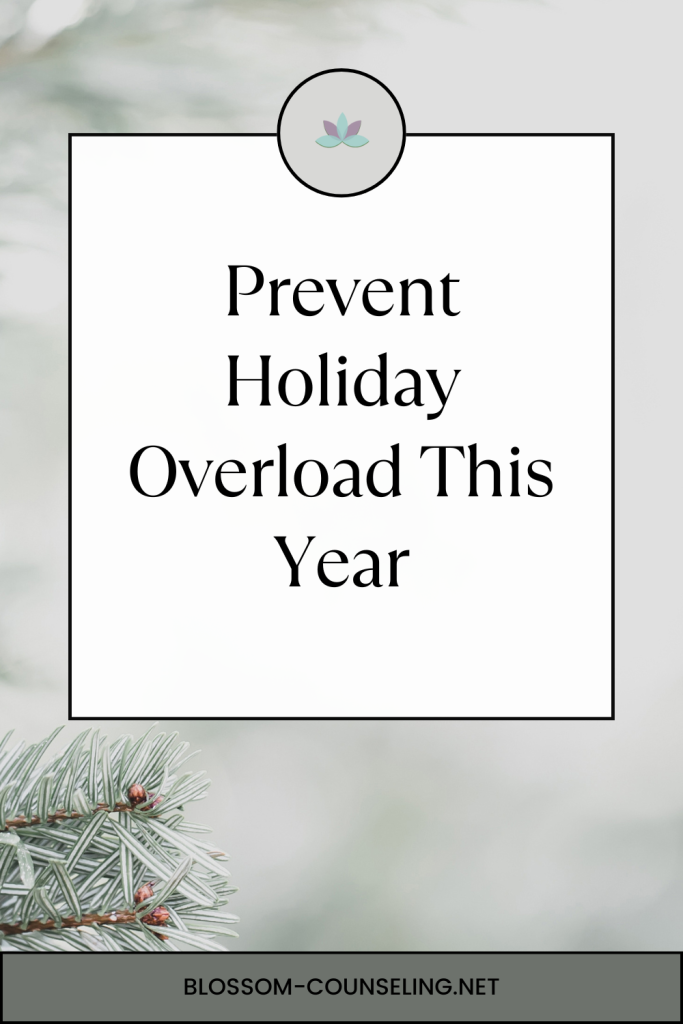
Have you ever faced a moment where you’re about to make a choice, and there’s this little voice inside your head nudging you towards what’s right? That, my friends, is your conscience speaking – your built-in moral compass, the Jiminy Cricket of your mind, guiding you through the complexities of right and wrong.
In the vibrant tapestry of our minds, our conscience is a fascinating thread. It’s not just a mystical whisper; it’s deeply rooted in our psychology and, interestingly, our social upbringing. Let’s dive into this inner voice that often plays the role of an unsung hero in our daily decisions.
The Roots of Right and Wrong
The conscience is like an internalized dialogue, shaped by our values, beliefs, and experiences. It’s that part of you that raises an eyebrow when you’re about to skip the gym for the fourth day in a row or whispers a stern “nope” when you consider having that third slice of cake at midnight.
Psychologically speaking, our conscience is a blend of emotional and cognitive processes. It involves feelings of guilt and pride, as well as the ability to rationalize and understand societal norms. It’s like having your own personal judge and jury, residing in your mind, deliberating over your daily choices.
The Conscience and Your Mental Health
Here’s a fun fact: a well-tuned conscience is actually a sign of good mental health. It means you have a strong sense of self-awareness and a keen understanding of the impact of your actions on yourself and others. It’s the psychological equivalent of having good hand-eye coordination, but instead of catching balls, you’re catching yourself from making decisions you might regret.
However, just like any aspect of our mental faculties, the conscience can sometimes get a bit overzealous. Ever met someone who’s too hard on themselves? That’s a classic case of an overly critical inner voice. On the flip side, a muted conscience might result in impulsive or harmful behaviors without much thought for consequences.
Nurturing a Healthy Conscience
So, how do we strike the perfect balance? How do we ensure that this inner voice is a guide, not a tyrant or a whisper lost in the wind? The key lies in self-reflection and understanding.
Know Thy Values: Understanding your personal values is like setting up the GPS for your conscience. It needs to know what’s important to you to guide you effectively.
Empathy is Key: Putting yourself in someone else’s shoes isn’t just good manners; it’s good for your conscience too. Understanding others’ feelings and perspectives can help fine-tune your moral compass.
Reflect and Learn: Made a decision that didn’t sit right? Reflect on it. Understanding why you feel certain ways about your choices is crucial in nurturing a healthy conscience.
Seek Balance: It’s okay to be kind to yourself. If your conscience is being a bit too harsh, remind yourself that perfection is not the goal – growth is.
Embracing Your Inner Guide
Your conscience is an incredible guide through life’s moral dilemmas. It’s the voice that cheers you on when you do good and the gentle (or sometimes not-so-gentle) tug pulling you back from choices you might regret. By understanding and nurturing this inner voice, you can ensure it becomes a reliable ally in your journey towards personal growth and mental wellness.
In the grand theater of the mind, your conscience plays a lead role in guiding your actions and shaping your character. Embrace it, understand it, and let it be a compass that leads you not just to what is right, but to what is good for your soul and well-being.




